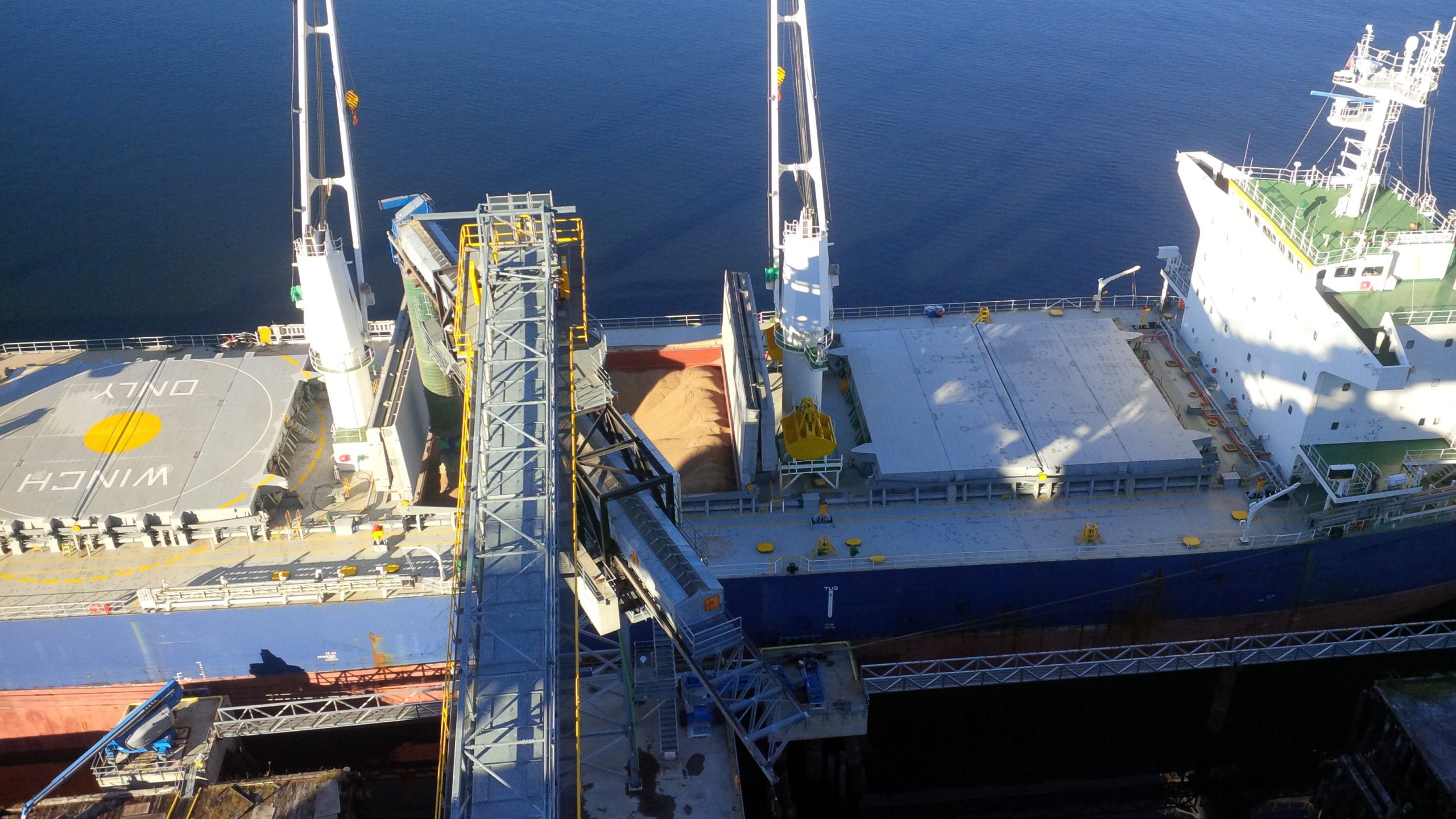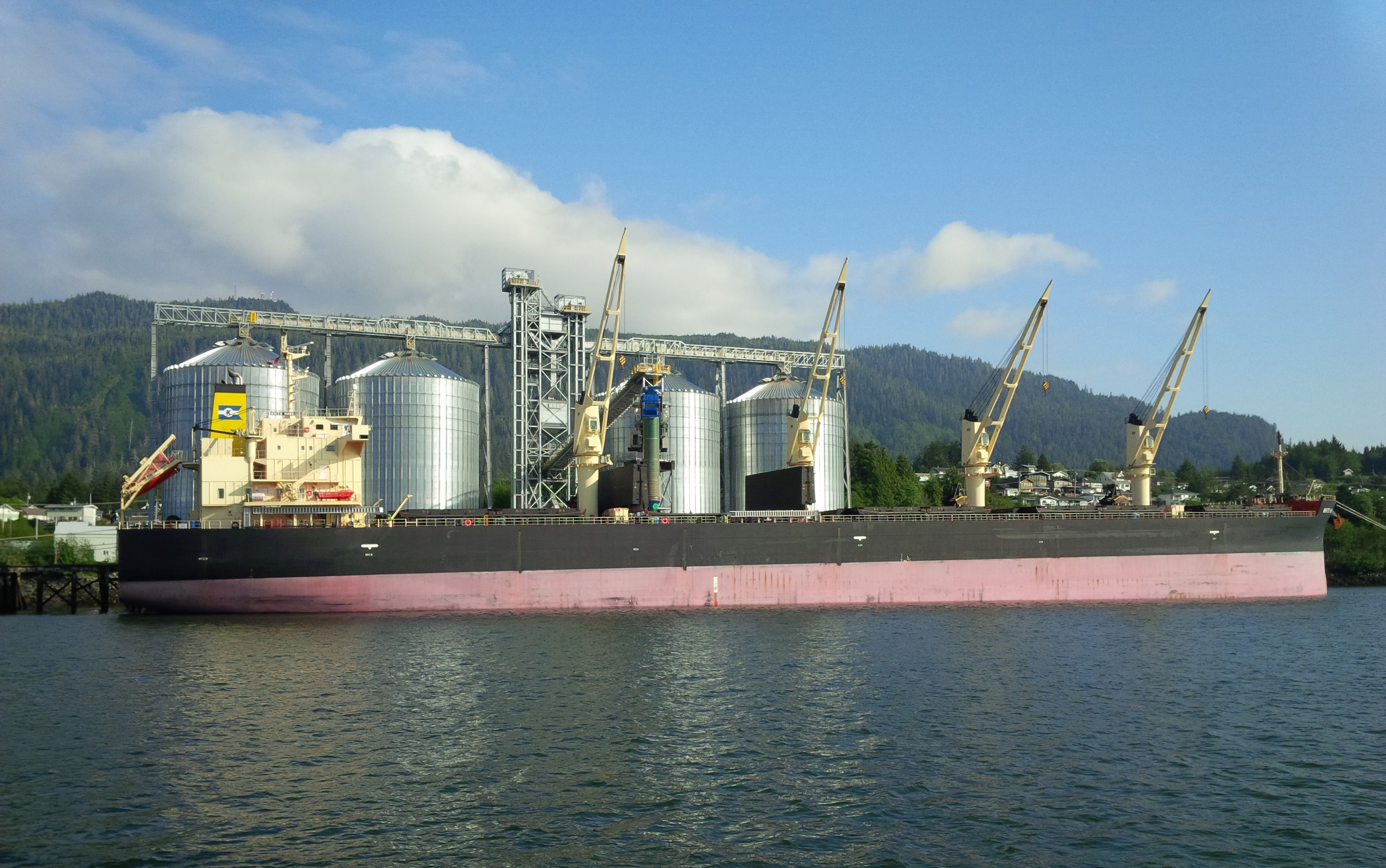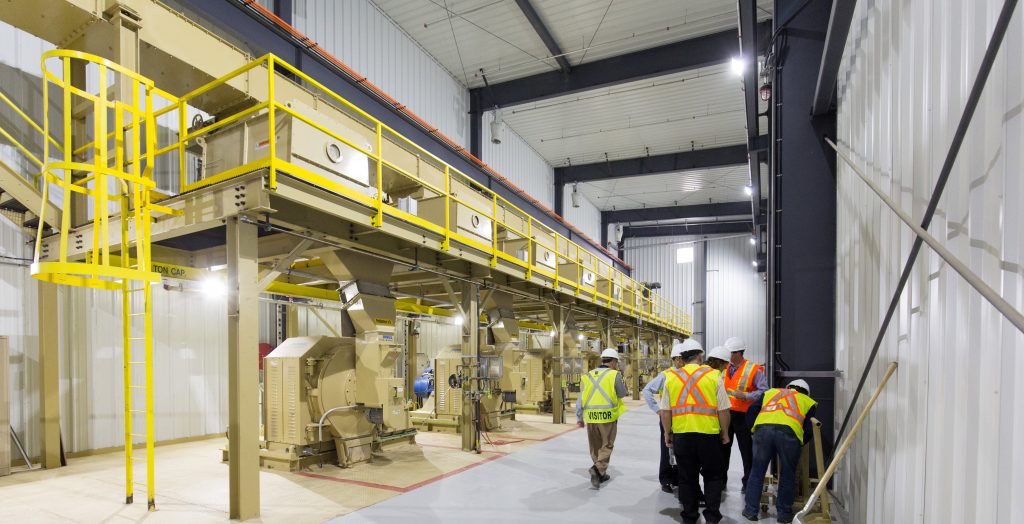
https://www.drax.com/uk/investors/disclaimer-proposed-acquisition-of-pinnacle-renewable-energy-inc-by-drax/

https://www.drax.com/uk/investors/disclaimer-proposed-acquisition-of-pinnacle-renewable-energy-inc-by-drax/

If asked to picture Canada, its beautiful forests often spring to mind. In fact, 38% of the country is covered by them. Little wonder that Canada has one of the world’s biggest lumber industries. But all that lumber milling means a lot of sawdust.
It was in this sawdust, and the other ‘waste’ products the milling process creates, that one fledgling Canadian company spotted an opportunity.
Started by two brothers in the 1980s, Pinnacle originally made animal feed for farmers – compressed pellets of grass and grain.
Then, in the late Eighties, after hearing about wood pellet production in Scandinavia, and taking a look at all the sawmilling residues being burned up around them, they had an idea for a new direction.
At the time the Canadian government was looking to make the sawmilling industry a lot cleaner and more sustainable. “There was a lot of fibre around that needed to find a home,” explains Vaughan Bassett, a senior executive with the company.
Canada needed a way to put to good use materials that were previously just thrown away or even burnt out in the open, releasing greenhouse gas emissions, and wood pellets seemed like a natural fit. Even better, because there was so much waste fibre around at the time, Pinnacle was able to get its raw material for free and help to avoid the unnecessary emissions. All it had to do was pick it up and take it away.

Making the transition from feed pellets to wood pellets involved a lot of trial and error.
“There was a lot of entrepreneurial spirit that went into this thing,” says Bassett. “It was untried, untested, unknown and there was no real market. It was just a couple of entrepreneurs trying stuff out.”
Initially, Pinnacle produced its wood pellets for local domestic markets – people looking to heat their homes, local businesses, and schools that used wood burners. This is a particularly convenient and efficient form of fuel for communities in off-the-grid, remote areas of Canada. But Pinnacle was keen to grow and make an even greater impact.
By the early 2000s, some in the power generation industry were starting to rethink their long-term futures, looking to shift from fossil fuels like coal to cleaner alternatives in order to meet the challenges of sustainable energy production.
Central to Pinnacle’s business is a commitment to sustainability – something being based in Canada, where forest management is particularly advanced, makes possible. Being owned by the Crown, there are very tight controls over how Canadian forests are run – and how the trees are used.
“We’ve probably got the most sustainable wood fibre in the world. The numbers are just mad. Something like 95% of all the forests in Canada are ‘forest management certified’, which is unbelievable. Look at the next best country and it’s probably nearer 30%,” says Bassett, “It’s left us with an incredible asset that keeps growing every year. The industry never takes more wood than what grows.”
Indeed, carefully managed forestry is key to environmental sustainability. Fully-grown older trees don’t absorb as much CO2, so replacing them with younger, growing trees that do, can benefit the environment. Meanwhile, the waste product of sawmilling is converted into biomass, which produces further benefits by reducing reliance on fossil fuels.
Pinnacle first started supplying Drax with compressed wood pellets in 2009, marking a turning-point for the company. “Since 2011, our production has doubled,” says Bassett.
Pinnacle now contracts a fleet of ships and has its own dedicated port facility. Each vessel can transport 60,000 tonnes. Given that Drax uses around 16,000 tonnes a day with two of its three biomass units at full capacity, one shipment keeps a third of the huge power station in North Yorkshire going for nearly four days.
“Pinnacle now produces in the region of 1.5m tonnes of pellets a year, about half of which goes to Drax. So they’re a very important part of what we do,” says Bassett.